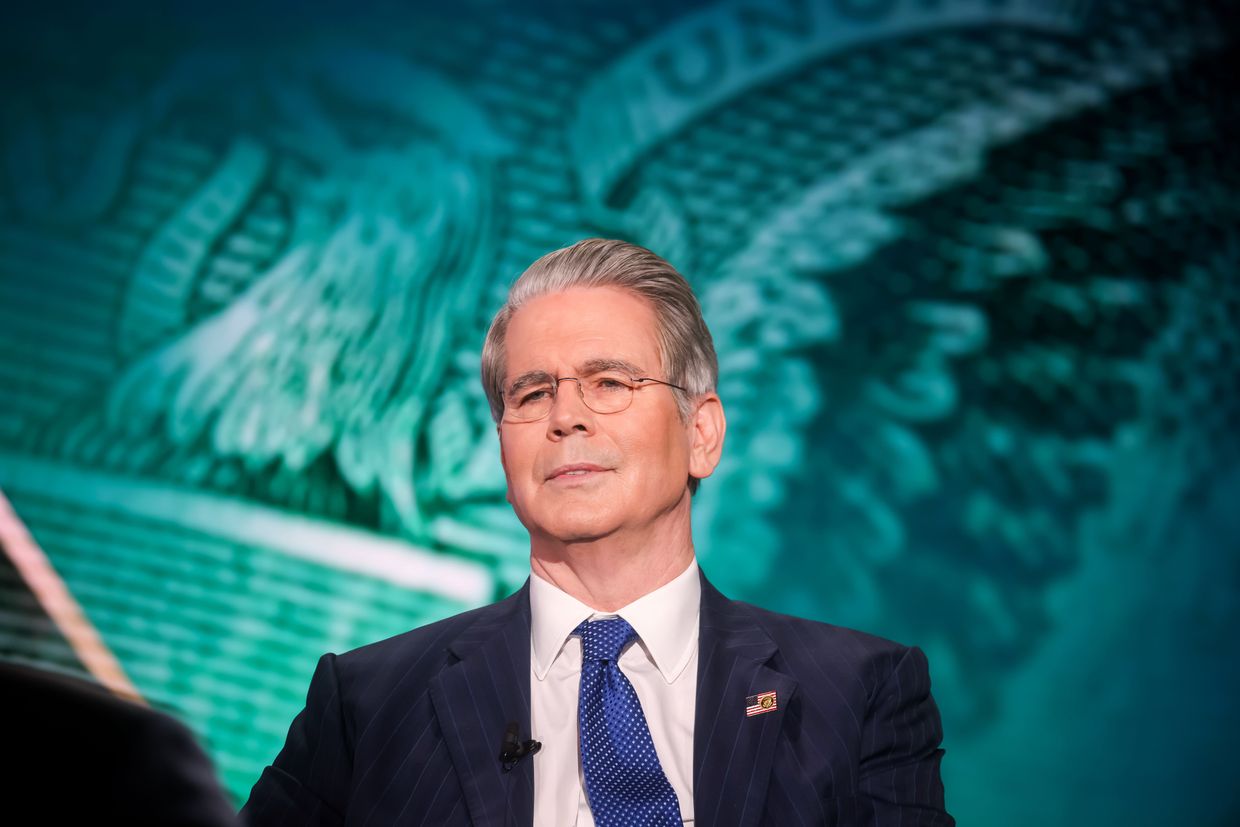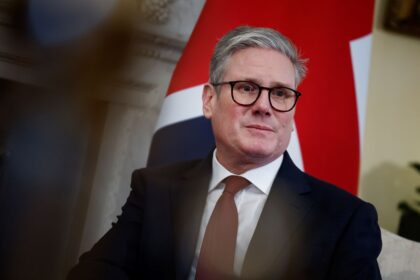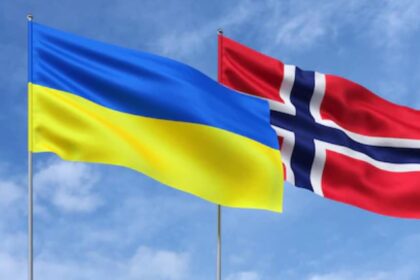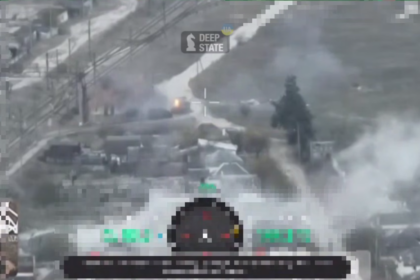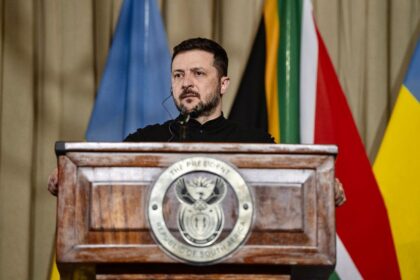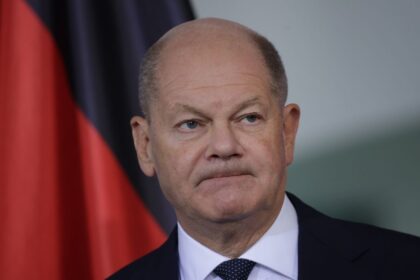**US Blocks G7 Push to Tighten Russian Oil Price Cap**
In a move that has sparked concern among Ukraine and its allies, the United States opposed a joint effort by the G7 to lower the $60-per-barrel price cap on Russian oil exports. The Financial Times reported on May 27 that US Treasury Secretary Scott Bessent declined to support the proposal, which was made during last week’s meeting of finance ministers.
The existing price cap, introduced in December 2022, prohibits Western companies from shipping, insuring, or servicing Russian oil sold above $60 per barrel. The mechanism aims to limit Russia’s ability to fund its war against Ukraine by reducing the Kremlin’s revenue from oil exports.
Prior to the G7 meeting, the Canadian presidency had proposed including language in the final communique that would call for tightening the existing price cap. This move received backing from the European Union and several G7 members, including France, Germany, Italy, and the UK. However, the proposal was ultimately dropped due to US opposition.
**EU Countries Weighing Options**
Some EU countries, such as Hungary and Greece, are still considering lowering the price cap further, possibly to $45 per barrel, as part of an upcoming 18th sanctions package. This move would put additional pressure on Russia’s economy and reduce its ability to fund military activities in Ukraine.
**Consequences for Ukraine**
The US decision to block the G7 proposal has significant implications for Ukraine, which is fighting a brutal war against Russian aggression. By allowing Russia to maintain higher prices for oil exports, the US may inadvertently be enabling the Kremlin to continue funding its military campaigns and supporting separatist groups in eastern Ukraine.
**US Position on Sanctions**
US President Donald Trump’s stance on sanctions against Russia has been unclear, with some reports suggesting that he is hesitant to impose further measures due to concerns about a possible ceasefire. This ambiguity has raised questions among allies and opponents alike, highlighting the need for greater clarity and consistency in US policy towards Russia.
**Support Independent Journalism**
Independent journalism needs a community, not a paywall. The Kyiv Independent is committed to providing reliable information on Russia’s war against Ukraine without compromising its values or integrity. We rely on reader support to continue our work. Will you help us reach 20,000 members and prove that independent journalism can thrive without paywalls or compromise?




